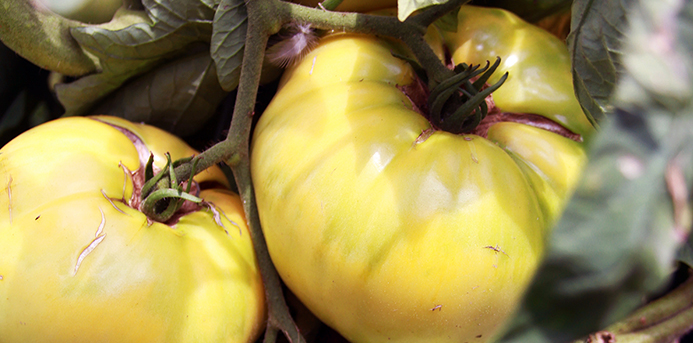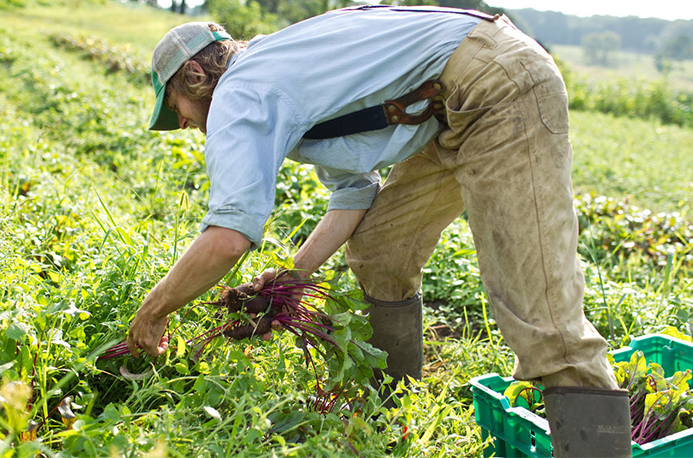America is experiencing a food crisis. Unsustainable farming practices are contributing to global warming. Millions of people are living in so-called food desserts – poor, urban areas without access to healthy, fresh food. Everywhere you go, processed food is readily available and cheap, but eating it too often can lead to life-threatening diseases.
The Center for Science and Public Interest (CSPI) is an organization that raises awareness about food issues and initiates change. It’s best known for placing nutrition labels on food packaging and calorie counts on menu boards.
On Oct. 24, CPSI will hold Food Day celebrations across the country to inspire people to eat healthy and advocate for food policies that keep us safe, end hunger, and sustain the environment.
In honor of Food Day, CSPI’s version of Earth Day, philanthropist and filmmaker Susan Rockefeller invites you to view her film “Food for Thought, Food for Life” for free, online. The 20-minute documentary highlights the problems with agribusiness in America and offers solutions from experts in the trenches, and ordinary citizens taking up farming. Watch it now or host a viewing party at your local library or school to find out how you can help end the food crisis in our country.
Make It Better recently spoke to Rockefeller about her film and why everyone should see it.
Make It Better: What is the goal of this film?
Rockefeller: We need everybody to think about, on an individual level, the food choices they make each day.
What do you hope people take away from it?
We have the power to make a difference with our choices. If we multiply the billions of people eating three meals a day, collectively, it makes a difference. It can be part of a food revolution. It’s very empowering to ask the questions: Where is my food coming from? How is it grown? Who made it? Is it safe? We need more transparency and accountability. The book “Farmacology” [William Morrow, 2013] says food is medicine. Food can nurture and nourish and heal us. It’s making the right choices for that to happen.
Why do consumers need to see this film?
We all need to eat and our choices matter. I think cynics will say, “It costs more to eat local or to eat organic.” In a sense, you might put a little more cost up front, but in the long run, you’ll have a healthier, longer life. You won’t have the cost of heart disease and all these other illnesses related to diet.
How can busy parents improve their families’ diets?
Eliminate as much processed food as possible. The notion of convenience has to shift. It’s convenient for who? In the long run, it’s not convenient for the people you love, because they’ll end up with a lot of diseases [from eating processed food]. You can start small and buy local produce, squash, potatoes. You can boil it, put it in the blender and make soup. You can take this amazing potato, put butter on it and it’s a great part of the meal. It’s going back to basics. I think we’ve lost touch with that because of the fast, convenient food system.
In what ways can people contribute to the movement?
On a local level, you can join a Community Supported Agriculture (CSA) group [members buy local, seasonal produce direct from farmers]. On an advocacy level, you can work with groups, like the Environmental Working Group, that advocate and create opportunities for people to access better food. We can all be part of this change. It’s not for future generations; it’s for right now.
More from Make It Better:


